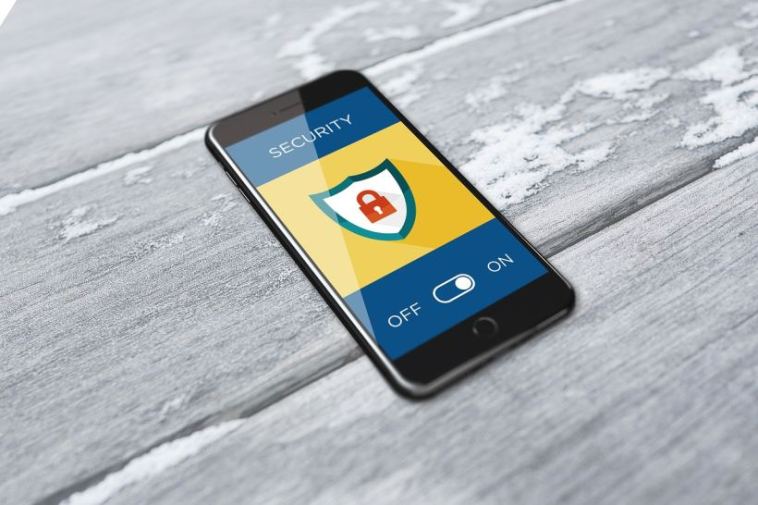- Like
- SHARE
- Digg
- Del
- Tumblr
- VKontakte
- Flattr
- Buffer
- Love This
- Save
- Odnoklassniki
- Meneame
- Blogger
- Amazon
- Yahoo Mail
- Gmail
- AOL
- Newsvine
- HackerNews
- Evernote
- MySpace
- Mail.ru
- Viadeo
- Line
- Comments
- Yummly
- SMS
- Viber
- Telegram
- JOIN
- Skype
- Facebook Messenger
- Kakao
- LiveJournal
- Yammer
- Edgar
- Fintel
- Mix
- Instapaper
- Copy Link
There’s More to Phone Security Than Encryption!
Billions of people worldwide use free communications apps promising “end-to-end encryption” and assume the phrase is synonymous with total security. Unfortunately, hackers usually find ways to bypass encryption to access sensitive information.
Don’t assume only celebrities, world leaders, and business moguls are victims of data breaches. Most targets are unsuspecting members of the public. Today, the importance of secure communications can’t be overstated.
Let’s check out the features secure phones have, aside from strong end-to-end encryption algorithms.
Top 3 Features of a Secure Phone
1. Proprietary Servers
When hackers run up against an encryption wall, they tend to look for other vulnerabilities, like servers. The most secure phone platforms have a proprietary server that doesn’t store sensitive information, like users’ messages or pictures.
At most, the server should only store basic data, like username, activation and expiry date. When a phone is designed from the ground up for security, every vulnerability is factored in, ensuring your data isn’t at risk.
2. Secondary Security Features Galore
Remote hackers are blocked by encryption and secure servers, but what happens if an identity thief steals the phone itself? Secure phones protect you against data loss from this type of risk with a range of secondary features.
There should be a password and custom pin for two-factor security. Suppose a thief steals your phone and tries to access your sensitive information. You need to keep data safe with a tamper-proof feature that wipes your phone if someone enters the wrong password too many times. The remote wipe option complements this by allowing you to erase all of your data on the device.
The self-destruct feature lets users control the lifespan of material they share. The leading platforms allow you to decide if you want messages or pictures to be accessible for as little as 60-seconds or for as long as 99-minutes. Letting you keep your cards as close to your chest as you like.
3. Ease of Use
Finally, most people aren’t tech experts, and you shouldn’t have to be to enjoy your privacy. Thankfully, today’s most secure phones are simple to use.
You don’t need to be an encryption expert or software engineer to encrypt your calls, messages, pictures and notes. The easier it is to use an encrypted device also means you will mitigate the risk of exposing your data to vulnerabilities.
Enjoy one-touch access to the necessary features of your phone: calling, contacts, messages and pictures. You shouldn’t need specialized tech knowledge or have to jump through hoops to retain your privacy.
The Takeaway
Hackers leverage the fact people are too busy going about their everyday life to safeguard their communications properly. Even after reports of free app breaches and users’ private data being shared with third-party advertisers, many people continue to trust free platforms to protect them. If you want peace of mind knowing your privacy will be preserved, you need an encrypted phone that meets all the criteria listed above.


